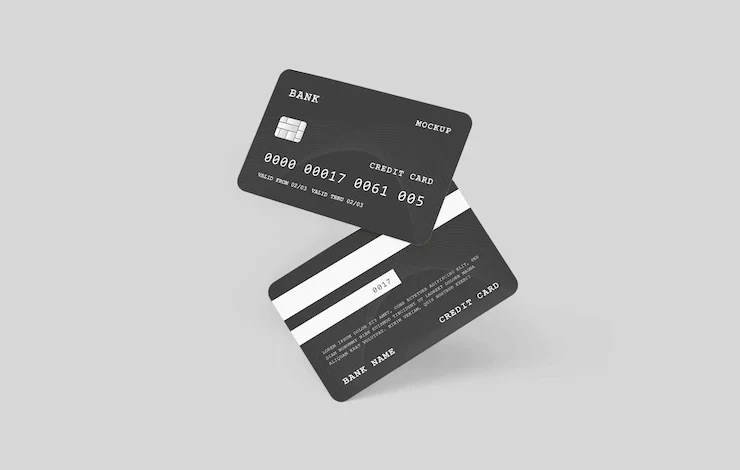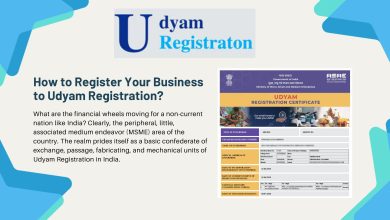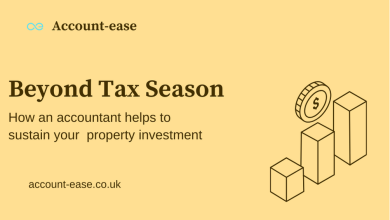What Happens If I Pay Only The Minimum Due On Cards?

When the cardholder pays only the minimum due on credit cards, they will not be able to fully pay off the balance within a reasonable amount of time. Paying only the minimum due will result in additional interest and fees, which could take more time to pay off the outstanding balance.
Additionally, paying only the minimum due can lower credit scores. And when that happens, it becomes more difficult for you to obtain a new line of credit.
There are lots of credit card benefits, but they will not be realised if you only pay the minimum due and carry a large balance from month to month.
This article will explore the consequences of minimum due payments, which cardholders often do and what are the ways to avoid getting into the situation of the debt cycle.
What is the “minimum due” of a credit card?
Understanding the concept of your “minimum due” or credit card minimum payment is important for managing finances smartly. The minimum due is the absolute least amount you need to pay each month on your credit card balance.
To determine the minimum due amount, take any –
- Interest, fees, or outstanding charges accumulated since your last payment
- Now add them to your existing balance
- Divide the total amount by the number of months until the statement closes
Keeping up with payments protects and improves your credit score as it keeps you from being hit with unexpected fees and penalties for late payments by creditors.
How Does Paying the Minimum Due Affect You Every Month?
By paying the credit card minimum payment each month, consumers’ credit accounts get impacted in the following ways:
- Current account balance reduction
- Debt can be staved off, provided payments consistently meet or exceed the minimum amount due.
Regularly paying what is due builds credibility with the issuing lender, indicating that the account owner is responsible for their credit usage. One can avoid interest charges and avoid hefty late-payment fees when one doesn’t pay the minimum amount.
Consequences of Paying Only the Minimum Due
Paying just the minimum due of your credit card bill every month comes with several glaring downsides.
- Missing out on or too few payments can cause serious financial distress due to increased interest rates and late payment charges, resulting in you owing much more than what you originally borrowed from the bank.
- Paying only the minimum amount can keep you in debt for years, and will also affect your credit score badly, making it difficult to take any further loans or lines of credit. Exacerbating this problem is how the minimum balance requirement constantly changes, as it usually fluctuates according to the remaining balance.
- Those who pay only the minimum amount on their credit cards also risk being penalised by their banks if they fail to adhere to a timeline set by the card issuer.
Avoid paying only the minimum due whenever it is possible, as it essentially initiates a vicious cycle of mounting debt that can be hard to break free from. If you want Credit card benefits, you must pay more than the minimum due.
Best Methods for Paying Off Credit Cards
Paying off your credit card can be an overwhelming task. But there are lots of effective ways to pay credit card bills without making a dent in your balance.
- One way is to focus on the largest balance first so that you feel immediate success when it’s paid off
- Another idea is to pay more than the minimum amount due. Doing more payments each month on all your cards makes a significant impact on your credit card payment. And this will quickly reduce your debt.
- Increase the frequency of your payments to bi-weekly instead of monthly to reduce the debt
- Finally, setting up automatic transfers from checking accounts to credit card statements keeps you accountable and ensures payments are made on time and not forgotten.
With these ideas in hand, you’ll be well on your way to taking control of your debt!
Conclusion
Paying your credit card minimum due balance each month is not a long-term solution for your credit card payments. It is important to pay more than the minimum amount to avoid accumulating more debt and costly fees. To improve your credit score, setting up automatic transfers and consolidating balances into one payment is helpful. This will keep you on top of your debt and you can get out of it quickly. Setting up a plan to pay off your credit card debt is essential for financial success. With effort, discipline, and money management skills, you can reduce your debt and return to financial freedom without any hassle.




